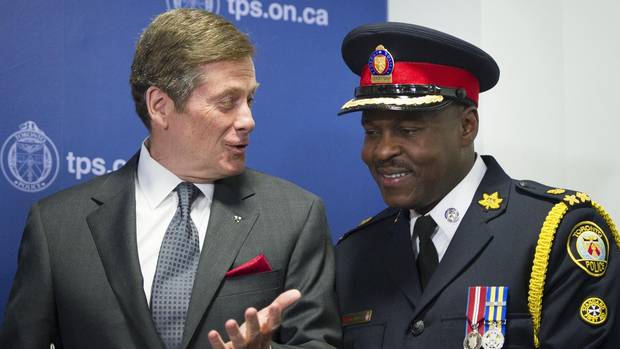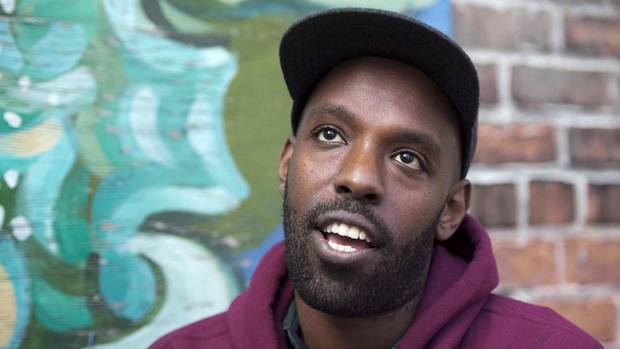Busy day? Here are five stories popular with Globe readers to help you catch up.
Graphic images of street attack deepen crisis in South Africa
A Mozambican man was murdered in broad daylight on a street in South African on Saturday while onlookers silently watched.
It’s the latest attack in a bout of violence against foreigners in South Africa in recent weeks that has forced more than 5,000 migrants from their homes, Geoffrey York reports.
As foreigners are blamed for unemployment and other economic and social problems, at least seven people have been killed, and many foreign-owned shops have been looted.
Over the past seven years, 350 people are estimated to have been killed in these so-called “xenophobic” attacks.
Photos of Saturday’s murder were published in a leading South African newspaper, the Sunday Times, and police promised to use the photos to track down the killers.
Yet history shows that such killers usually walk free. In almost every case of anti-foreigner violence, dating back to 2008 when more than 60 people were killed in an early wave of attacks, nobody has been convicted.

Toronto’s next top cop: Being black “doesn’t give me superpowers”
Toronto’s next police chief will become the first black leader of the force.
Mark Saunders, 52, has spent three decades with the Toronto Police, working in homicide, drug and gang units, and on the emergency task force, Ann Hui, Selena Ross and Elizabeth Church report.
His appointment as the force’s first black chief comes at a time of strained relations between police and black communities. Specifically, the police practice of “carding” – or questioning people who aren’t suspected of a crime - has been accused of disproportionately targeting members of the black community.
But while warning his police officers that “there will be change”, Saunders also emphasized that it wouldn’t happen overnight.
“Being black is fantastic. It doesn’t give me superpowers,” he said.

Takeaways from Shad and CBC’s redesigned Q
CBC Radio launched its redesigned flagship daily arts show Q with its new host, rapper Shad, in a special two-hour live broadcast today.
Guests:
- Musicians Tanya Tagaq, Bahamas and Chilly Gonzales
- Poet Shane Koyczan
- Regular Q sports panel member Elvira Kurt
- CBC news anchor Peter Mansbridge
- The new Q is pretty much the same as the old Q: The opening essay is gone, but the same talented team of Q producers are still in charge. And they know what works - including live music performances and the regular Q sports panel.
- Q is still proudly Canadian: The first broadcast was stacked with an almost all-Canadian lineup.
- Can you swear on the new Q? Singer Tanya Tagaq said ‘shit’ on stage and Shad said it was fine. “I mean, I don’t know if it’s totally fine. But it’s totally fine with me.”
From Kitchener to the front line in Iraq against Islamic State
This time last year, Farhang Afandi was living in the Kitchener, Ont., area, riding his Suzuki motorcycle with friends and counting down the days until his citizenship came through.
Now, Afandi straddles two worlds on the front lines in the war against the Islamic State, Robyn Doolittle and Greg McArthur report. When not acting as a part-time interpreter for the Canadian military's special forces, Afandi works for the loosely organized Kurdish militia known as the peshmerga.
How did he get here?
A long-time friend of Afandi, who asked to remain anonymous, said Afandi didn’t intend to join the war when he left. He was merely going on a trip to visit family.
Afandi’s father is the former minister who oversees the peshmerga. He currently serves as commander of 10,000 men battling Islamic State fighters.
Nick Karamishev knew Afandi for about a year before he left and said he only learned what his friend was doing after Afandi posted a photo of himself in army fatigues on Facebook.
Warning: Canadian home prices inflated by more than 25 per cent
The Economist has warned that homes are more than 25 per cent overvalued and rising in seven regions, including Australia, Britain - and Canada.
But Canada is not one market. It's several regional ones that differ markedly, Michael Babad writes, and the national measures are skewed by bubbling Vancouver and Toronto.
Bank of Montreal economist Robert Kavcic looked at 26 major markets in Canada, and here’s what he found:
- Very strong: Windsor, Ont.
- Strong: Vancouver and the Ontario centres of Hamilton-Burlington and St. Catharines
- Balanced: Victoria, Toronto, Prince Edward Island and Ontario’s London, Sudbury and Thunder Bay
- Weak: Kitchener-Waterloo, Quebec City, Saint John and Newfoundland and Labrador
- Very weak: Calgary, Edmonton, Regina, Saskatoon, Winnipeg, Kingston, Ont., Ottawa and Halifax
Follow Kat Sieniuc on Twitter: @katsieniuc